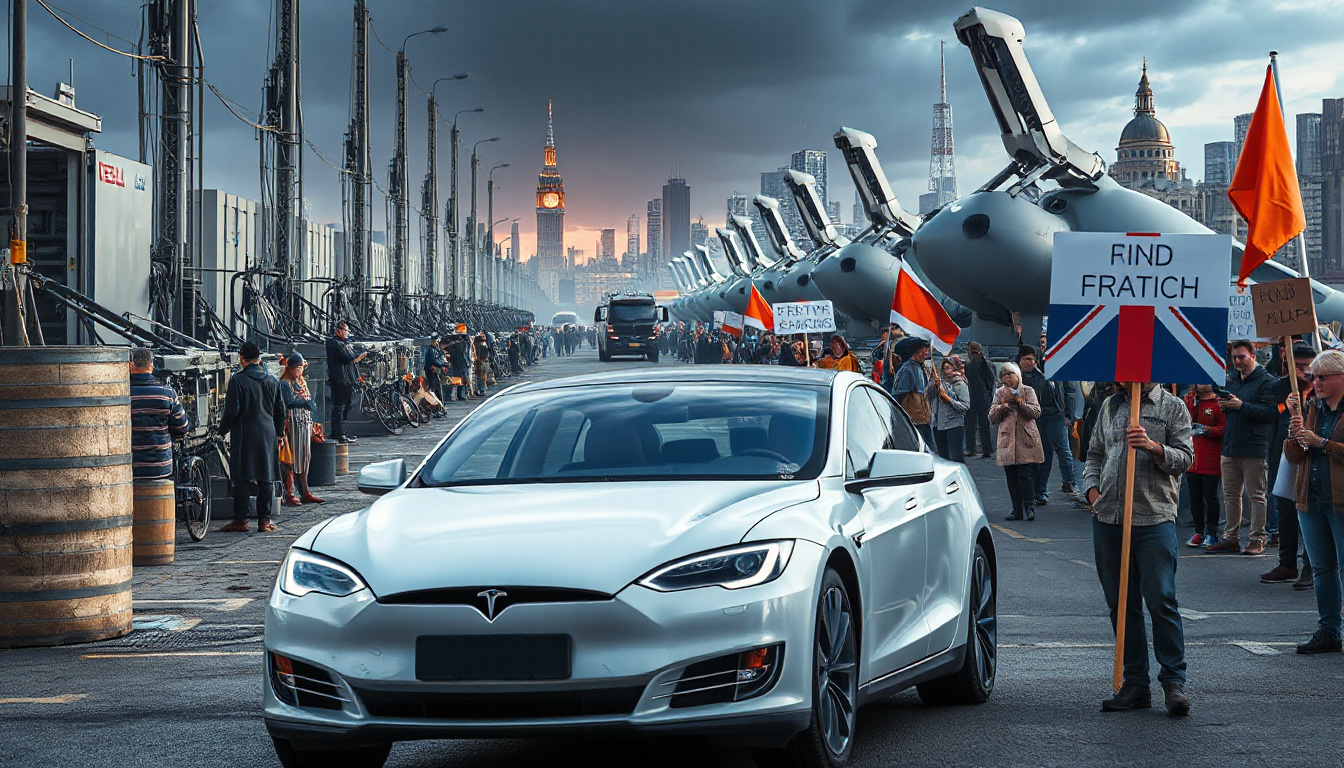Global Reaction to Trump’s New Car Tariffs: Consequences for the UK Automotive Industry and Beyond
On March 27, 2025, former President Donald Trump announced a new 25% tariff on all imported cars. He named this move "liberation day." Leaders around the world met his words with strong disapproval. They worry about the risk for the car market. The UK car industry sees a threat to its work.
Implications for the Automotive Sector
The first reactions do not favor change. Tesla CEO Elon Musk said his company feels a heavy blow from the rule. His comment shows the strain on a market that depends on imported parts. The cost of parts may jump, and car production might slow down.
Ursula von der Leyen, head of the European Commission, said the rule would hurt both businesses and buyers. Canadian Prime Minister Mark Carney also warned that the rule is a hit to trade. British car makers now ask both the UK and US government for help. They fear more supply problems and a tougher fight against local makers.
Financial Market Reactions
Financial markets did not enjoy the news. European shares fell to a two-week low on the day of the announcement. US car maker stocks lost value in later trading. Investors now face the chance of a trade fight similar to past struggles. Volkswagen, an important car maker, also showed worry. A company spokesperson said that the rule could slow growth in the car world. With more than $14 billion spent in the US, Volkswagen warned that any return action might cause more supply issues in global lines.
Political Responses and Contingency Plans
Political leaders in Europe plan a united reply. French President Emmanuel Macron called the rule inflationary and a mistake. He urged that Europe answer with firmness and calm. In the UK, Labour leader Sir Keir Starmer spoke of keeping national interests and seeking talks with the US. His view shows that real solutions are needed over a fast trade war.
UK Business Secretary Jonathan Reynolds added hope at a trade meeting. He mentioned the UK’s fair trading bond with the US. He hinted that hard issues, like the Digital Services Tax, might be discussed to keep the car market from further tax shocks.
Conclusion
Trump’s rule on car imports touches more than US shores. It may shake global supply lines and push up car prices. With the UK car industry at a turning point, calls for talks with US authorities are growing strong. The future of world trade remains unclear, and joint answers are needed to guard the jobs of makers and the wallets of buyers. As events shift, leaders in government and industry prepare to act and ease rising tensions.




